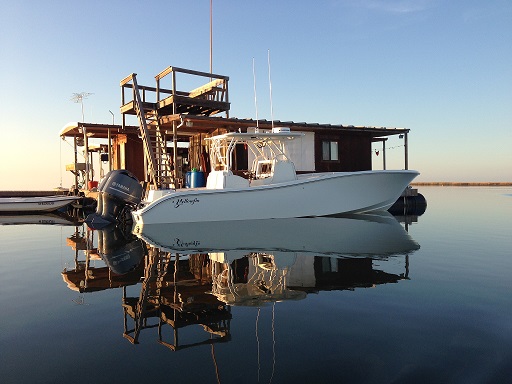This was the quote I recieved from DC Battery specialist. I was trying to achieve right over 500ah and use agm's. Your right the average price is closer to 2k than 3k. I also had a spread sheet were I had averaged the prices from west marine, sears, napa and oreillys. It was closer to 3k but west kinda skued my data. Good catch caltexflanc (whats with the name?)First of all, I am wondering how you are managing spending 3000 for 4 8D batteries,
Hello Paul,
4 Lifeline GPL-8D $627.73 each picked up at our Miami warehouse.( Will give you a 510AH @ 24v battery bank)
8 Lifeline GPL-6CT $370.87 each picked up at our Miami warehouse. (Will give you a 600AH @ 24v battery bank)
4 Lifeline GPL-L16T $550.00 each picked up at our Miami warehouse. (Will give you a 400AH @ 24v battery bank)
4 Fullriver DC260-12 $521.51 each picked up at our Miami warehouse. (Will give you a 520AH @ 24v battery bank)
4 Fullriver DC240-12 $450.00 each picked up at our Miami warehouse. (Will give you a 480AH @ 24v battery bank)
8 Fullriver DC335-6 $326.69 each picked up at our Miami warehouse. (Will give you a 670AH @ 24v battery bank)
4 Fullriver DC400-6 $454.28 each picked up at our Miami warehouse. (Will give you a 430AH @ 24v battery bank)




 The cables are either the recommended size or are one gauge larger that the inverter called for a full power for the short distance they are going (about 5 or 6 feet) to the ProMariner Tru Power 200W inverter. I want to say I used 2/0. That's what my schematics show. Currently, I have 4 golf cart batts (440Ah) that are less than one year old and "seem" to check out. However, I plan to add two more. This combination has work on other boats, but like I said, I need to do some more tests and collect some more data before I throw too much time at it. It's not a high priority thing right now
The cables are either the recommended size or are one gauge larger that the inverter called for a full power for the short distance they are going (about 5 or 6 feet) to the ProMariner Tru Power 200W inverter. I want to say I used 2/0. That's what my schematics show. Currently, I have 4 golf cart batts (440Ah) that are less than one year old and "seem" to check out. However, I plan to add two more. This combination has work on other boats, but like I said, I need to do some more tests and collect some more data before I throw too much time at it. It's not a high priority thing right now 

